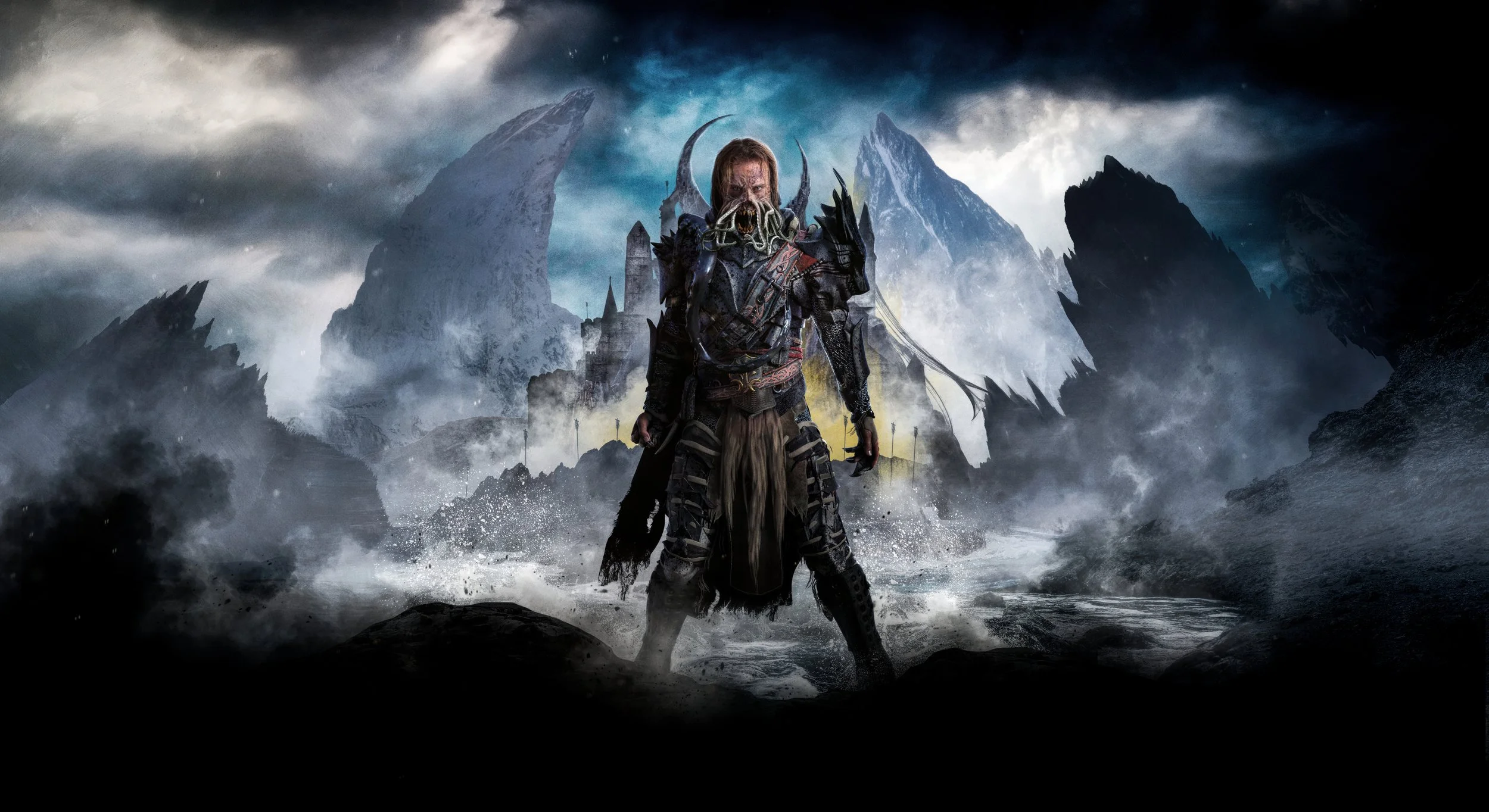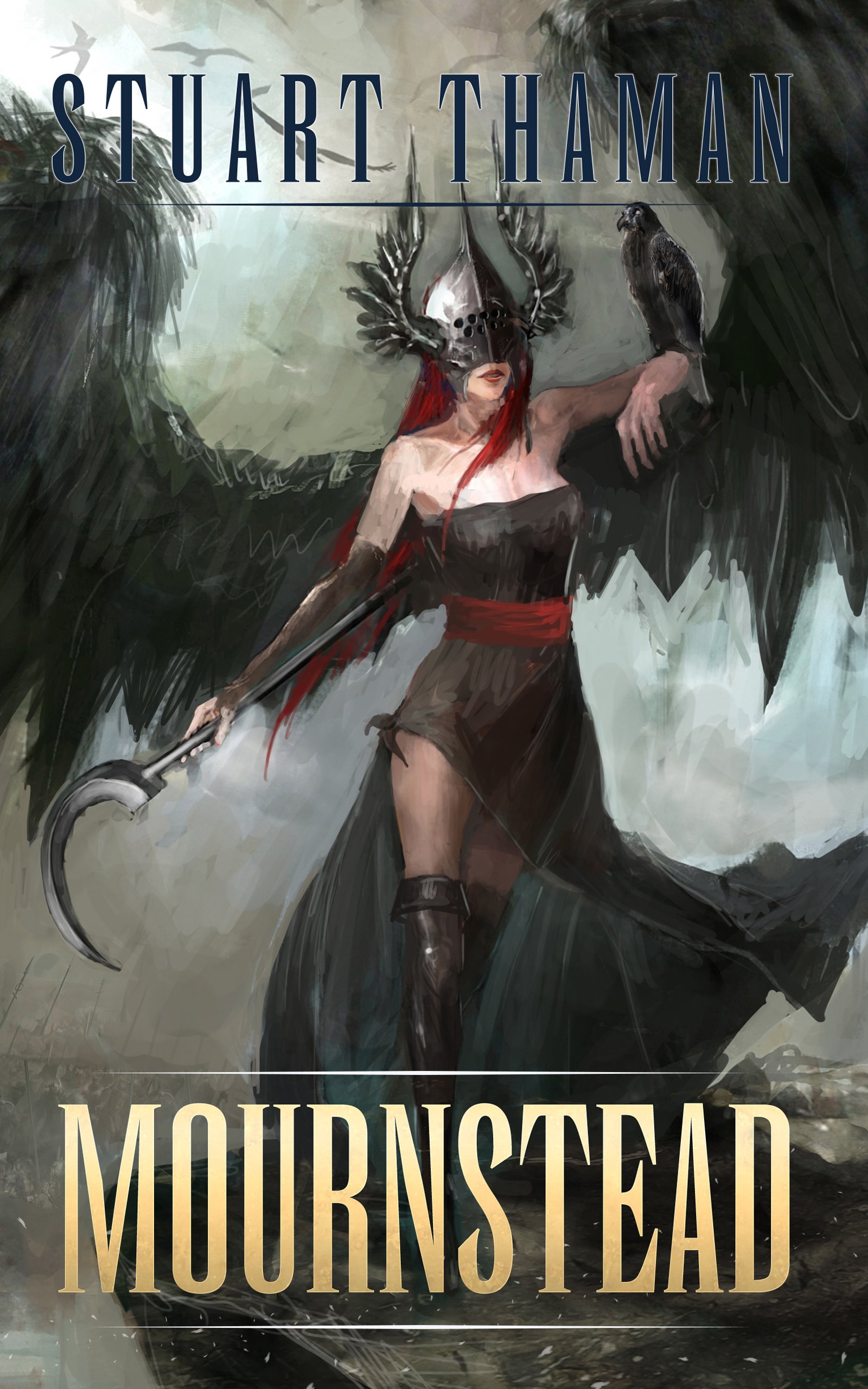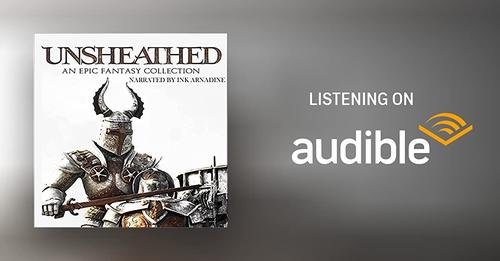What have I been up to in the past couple years?
Alright, that’s a fair question. The last book I launched was A Black Soul on December 15, 2019. We’re coming up on 2022 now. No, I have not quit writing. Not at all.
Here’s what’s been going on:
Firstly, I (necessarily) took 2020 off from serious writing endeavors in order to study for the Kentucky bar exam. Some of you might know that I graduated from law school in May of 2020 and was scheduled to take the bar in the summer. Due to Covid, the date of the test was changed a handful of times, and when the studying plan is a rigid, immutable 580 hours, that makes it tough. I actually started studying in November of 2019, and then I finally sat for the bar in October of 2020.
AND I PASSED!!!!
I took a new day job in the fall of 2020, making the jump from education into law, and with that I also moved about an hour south. Between studying for the exam, 30+ showings of my house, starting a new career, and moving to a new city during a plague, 2020 left me basically no time to write. I still churned out a little bit of content, but nothing substantial.
Welcome to 2021. I started the year working massive hours for pennies at a law firm that I very quickly realized was not for me, so I left in February to start my own practice. I’m now the proud owner of Baker Thaman Law in Georgetown, Kentucky. Starting the firm took a lot of work, and it essentially exhausted my mental faculties for quite some time. The prospect of working on a huge 125k+ LitRPG novel became daunting.
But the firm is off the ground now, we have steady clientele, and we’ve won a handful of cases.
During the summer of 2021, I opened Nef House Publishing to submissions, created a website for it, and started focusing on some other aspects of my author life. That’s been hugely exciting, and I’m proud to say that Nef House has some awesome new titles that you should certainly check out.
Back in the beginning of quarantine, I also decided to try and pursue one of my “bucket list” life goals. I desperately want to play guitar live in a metal band. That’s been a goal of mine for years. I’ve been a guitarist since I was 7. I’ve been playing at a professional level for at least 10 years. I’ve played innumerable acoustic, folk, bluegrass, and jazz sets, but never metal. In my heart, I’m a metalhead. My all-time favorite band is Epica, a symphonic death metal band from the Netherlands. I have multiple tattoos from the metalcore band Oh, Sleeper.
So sometime in 2020, I started writing black metal tracks and releasing them under the band name Saxo Grammaticus. For the moment, I’ve just been messing around as a 1-man solo project making random stuff that I know isn’t very good, but I’ve been slowly assembling a team that I think can make some top notch tracks and hopefully play a few shows in the future.
Anyways, that’s what I’ve been doing for the past 2 years when I should have been writing.
Welcome to 2022.
I’m writing again. It is official. I’m working on new material for Mournstead, and I intend to finish the first draft of the manuscript within a month or two. Both Nef House and my law firm are off the ground and operating smoothly on a day to day basis, so I have no more excuses. Writing has once again become a priority in my life. I can’t promise 4 novels in a year like 2019, but I really, really hope to have Mournstead ready for release in quarter 1 of 2022. After that, my focus will shift to A Ruined World.
And here are some notes about Mournstead:
You can read a teaser here
The first book was short. Shadowlith came in around 75k words. Mournstead is probably going to be around the 100k mark. That’s the goal
The tone is a lot darker than Shadowlith. Near the end of book 1, I hinted at some very dark themes that I knew would be in book 2. Those themes are getting a lot darker than even I anticipated. Expect the tone to be more in line with Forsaken Talents
The writing is vastly improved. Shadowlith came out in 2017. My writing has gotten so much better since then. I’m considering releasing a revised version of Shadowlith once Mournstead comes out, and my publisher is cool with the idea. We’ll probably do a special edition duology / omnibus version (hardback?) with an updated version of Shadowlith included
My editor is leagues better than before. I upgraded massively in that department. In my opinion, I have the absolute best in the business now. Mournstead is going to absolutely kick ass
Mournstead is the conclusion of the Umbral Blade series. We’re ending at 2 books, and the story will be complete. It feels nice
Well… There you have it. My life.
Drop a comment below and let me know how you’re doing or what you’re most excited to see from me next. No matter what, I always love hearing from fans.
Cheers. Drink some bourbon for me.


























